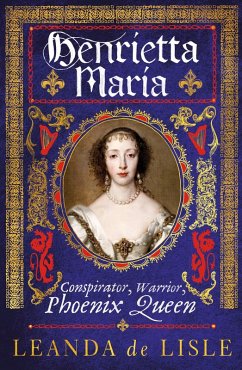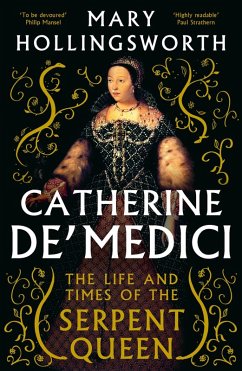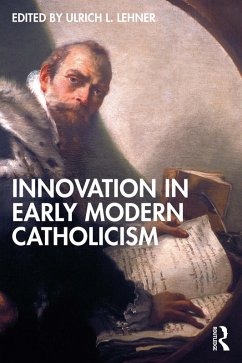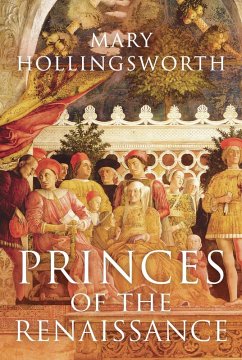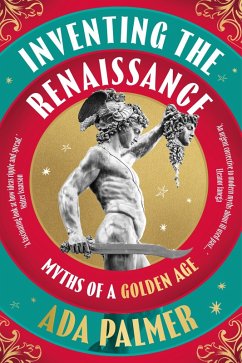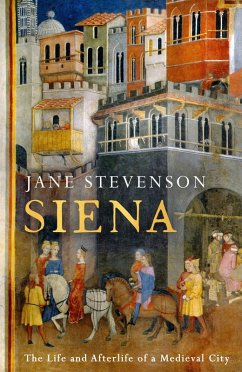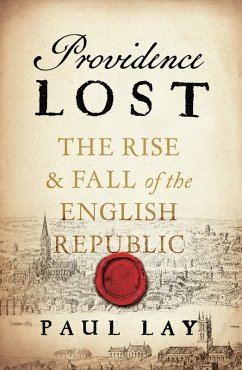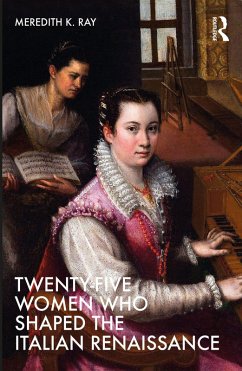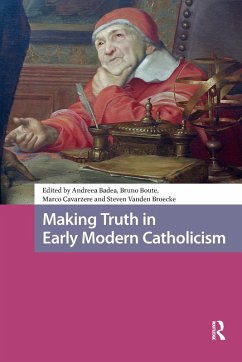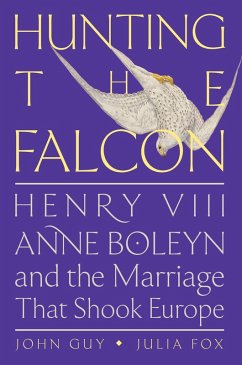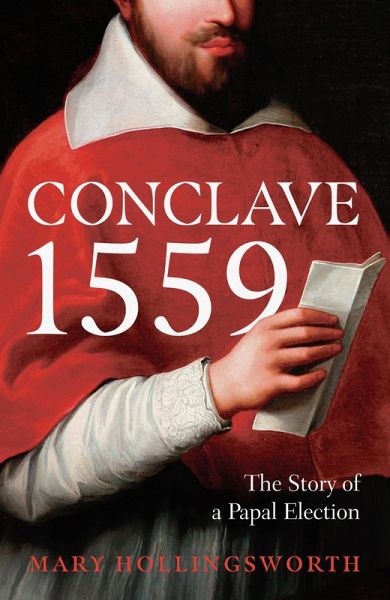
Conclave 1559 (eBook, ePUB)
Ippolito d'Este and the Papal Election of 1559
Versandkostenfrei!
Sofort per Download lieferbar
7,99 €
inkl. MwSt.
Weitere Ausgaben:

PAYBACK Punkte
4 °P sammeln!
Intrigue, double-dealing and conspiracy in the Eternal City. 'A fascinating narrative of the intermingling of secular and religious power' New Statesman 'A highly enjoyable and thrilling read... Hollingsworth has peeled back the veil of secrecy surrounding papal conclaves' History Today 'Full of lively detail and colour' Literary Review August 1559. As the long hot Italian summer draws to its close, so does the life of a rigidly orthodox and profoundly unpopular pope. The papacy of Paul IV has seen the establishing of the Roman Inquisition and the Index of Prohibited Books, an unbending refusa...
Intrigue, double-dealing and conspiracy in the Eternal City. 'A fascinating narrative of the intermingling of secular and religious power' New Statesman 'A highly enjoyable and thrilling read... Hollingsworth has peeled back the veil of secrecy surrounding papal conclaves' History Today 'Full of lively detail and colour' Literary Review August 1559. As the long hot Italian summer draws to its close, so does the life of a rigidly orthodox and profoundly unpopular pope. The papacy of Paul IV has seen the establishing of the Roman Inquisition and the Index of Prohibited Books, an unbending refusal to open dialogue with Protestants, and the ghettoization of Rome's Jews. On 5 September 1559, as the great doors of the Vatican's Sala Regia are ceremonially locked, the future of the Catholic Church hangs in the balance. Mary Hollingsworth offers a compelling and sedulously crafted reconstruction of the longest and most taxing of sixteenth-century papal elections. Its crisscrossing fault lines divided not only moderates from conservatives, but also the adherents of three national 'factions' with mutually incompatible interests. France and Spain were both looking to extend their power in Italy and beyond and had very different ideas of who the new pope should be - as did the Italian cardinals. Drawing on the detailed account books left by Ippolito d'Este, one of the participating cardinals, Conclave 1559 provides remarkable insights into the daily lives and concerns of the forty-seven men locked up for some four months in the Vatican.




